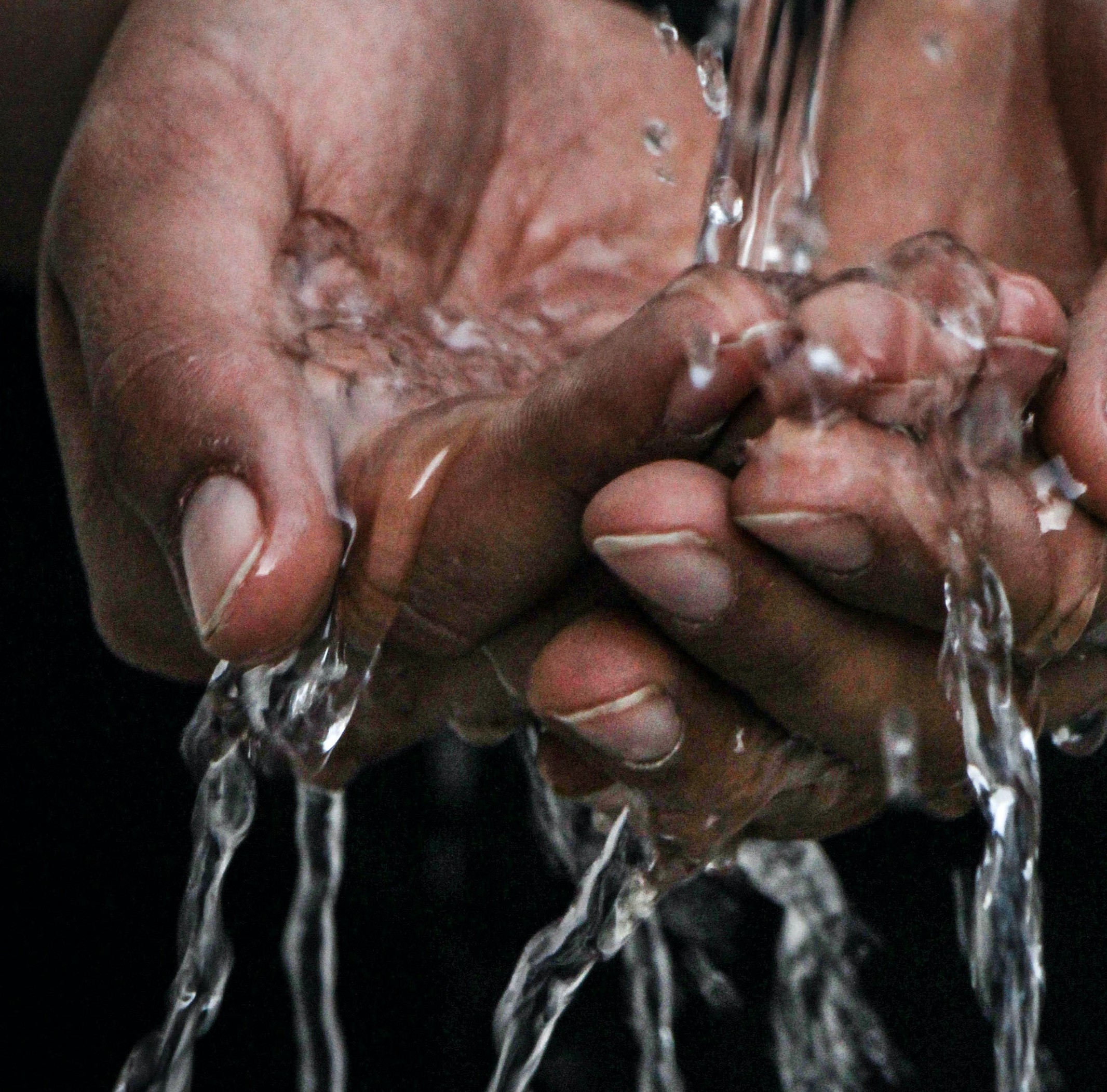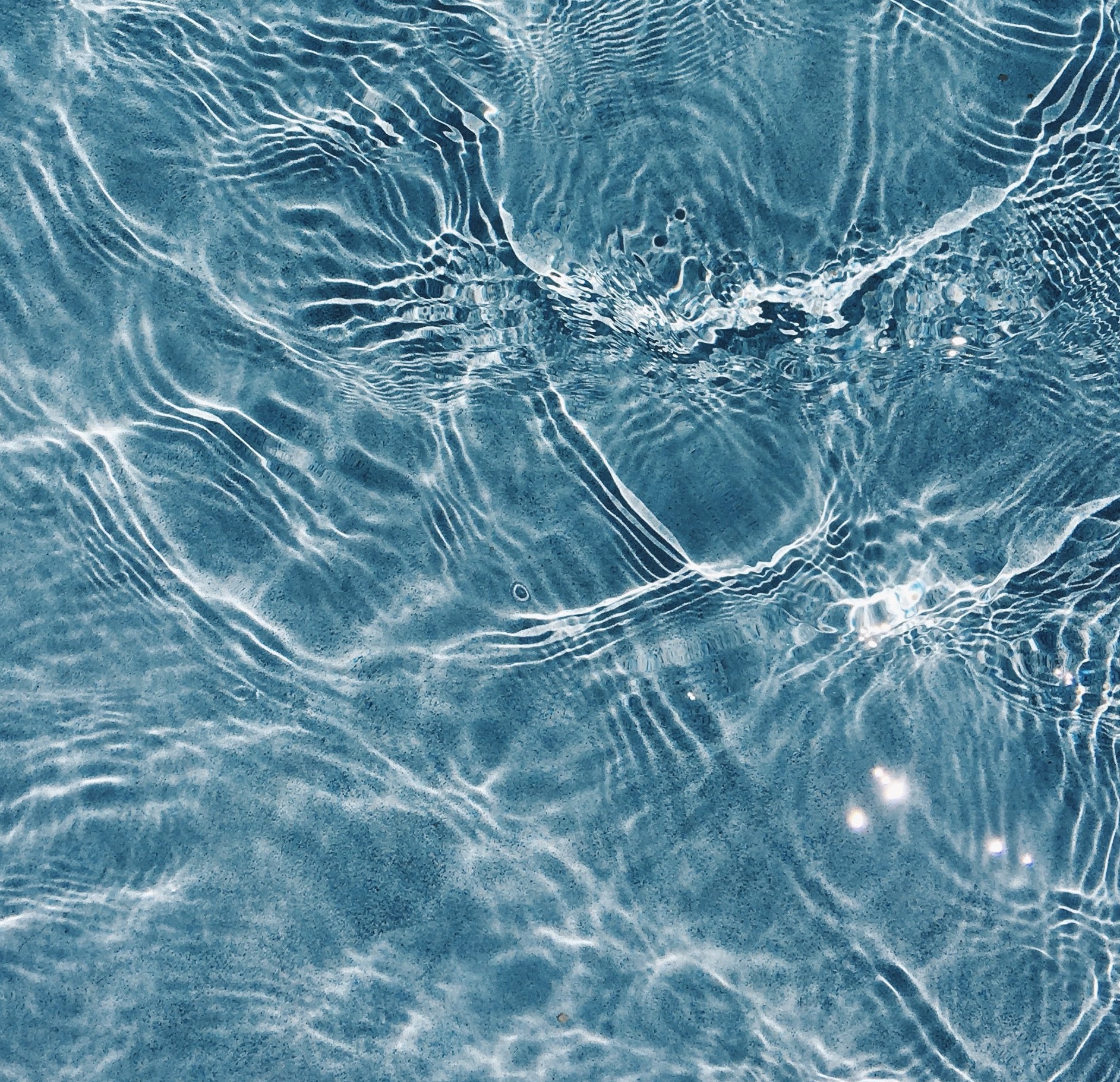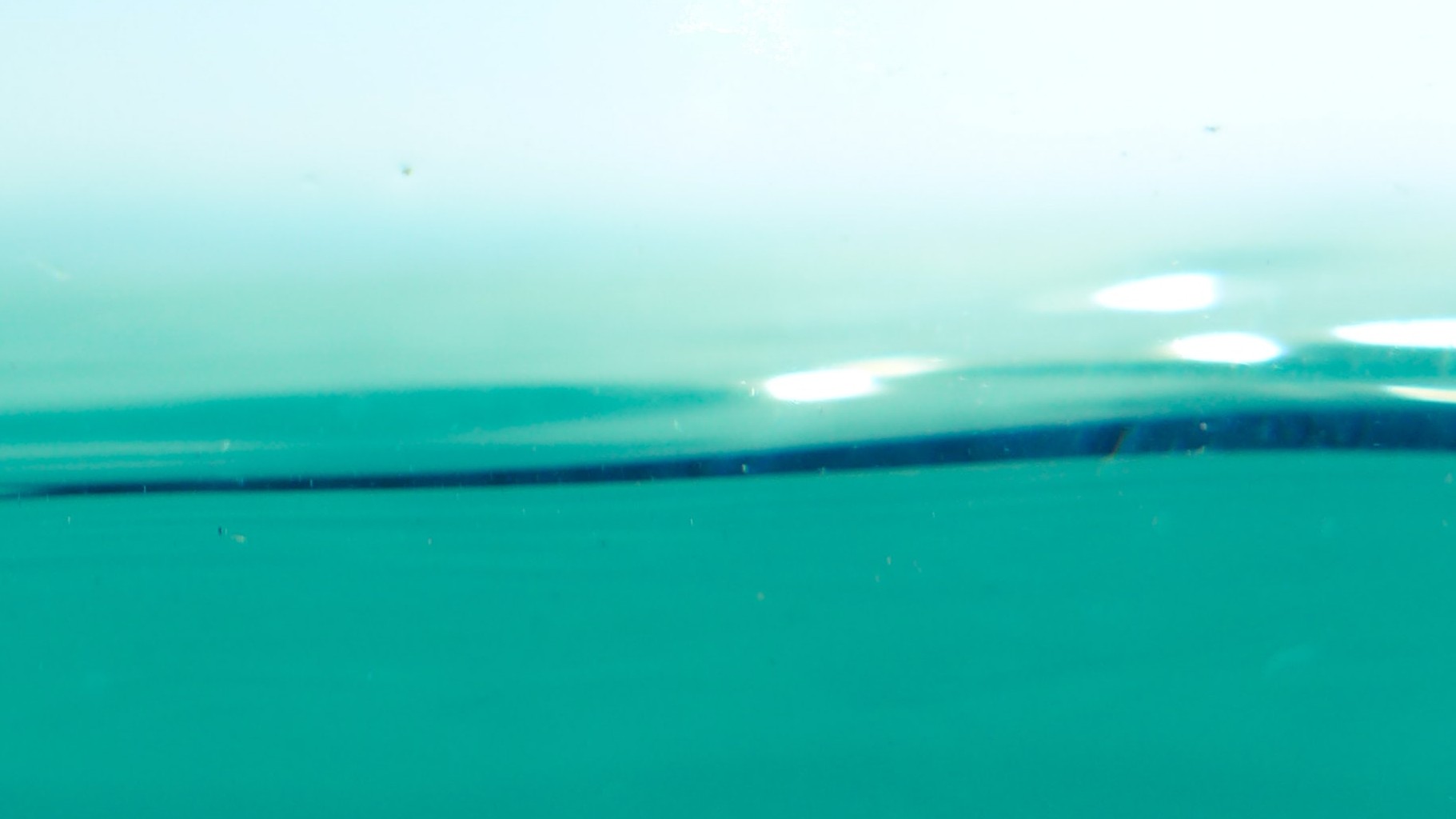Formulate user Caitlin has a hard water-induced headache:
I recently moved to a part of the US that has super hard water. It's really annoying, and makes my hair unmanageable and really hard to brush. I have really bright blonde hair and it just makes it so... dirty looking and icky. It's also embarrassing, because every time I have my mother-in-law visit she complains about how bad the water is for her hair (she has gray hair and says that my water is just TERRIBLE FOR IT) and how she always has to wash it immediately whenever she flies back home. I've thought about just going all out and installing something that will soften the water for the whole house, but I'm on the fence since that'd be really expensive. Are there any other good ways to handle hard water, or should I just bite the bullet and get a water softener?
Thanks for reaching out, Caitlin! Oof, that sounds like a not-fun situation to be in.
We'll be straight up -- nearly everyone that we talked to for this article said that the best thing you can do is either install a water softener system or a showerhead filter. Hence, that's our top recommendation for you. But if you really feel like neither of those are the right answer, we've also included several tips below that. We hope it helps!
Install a water softener system or a showerhead filter
Katie Emery is the owner of Katie Goes Platinum, a gray hair blog and source of community for women of all ages as they transition to having gray hair. Emery and her readers are quite familiar with the unique challenges that hard water presents for individuals with gray and graying hair: "For naturally gray hair that mineral buildup can result in brassy yellow tones that make gray hair look drab. Hard water has a higher concentration of dissolved minerals such as calcium, magnesium, aluminum, copper, manganese, and iron. That high mineral content can cause buildup in your hair, which often leads to discoloration." The yellow-y tones that hard water can give to gray hair render it dull, dingy looking, and less than fabulous.

Katie shares, "My best recommendation for combatting hard water issues is to install a whole-house water softening system. But if that's not an option, the next best solution is to invest in a showerhead filter (I prefer AquaBliss). Just make sure to replace the filter on a regular basis! Water softening filters are not that expensive today and can set you free from all the daunting challenges of washing your hair in hard water."
Most whole house water filters cost a total of approximately two thousand dollars to buy and install. The AquaBliss showerhead filter that Katie recommends currently retails at about $40, including tax and shipping. Reviews state that it lasts for around 5 months on a single showerhead.
Use Purple shampoo (for blonde or gray hair)
For individuals who cannot install a water softener system, Katie recommends purple shampoo. "Purple shampoos are effective, although they only reduce the appearance of yellowing - they don't remove it. Purple shampoo can be used a couple times a week, but use it too often and you'll end up with dry, purple-tinged hair. Instead, I recommend using it once a week at most."
Use a Metal Detox
Stylist Brenda Barnaby is the founder of Wild Honey Salons in San Diego. She shares, "We use a metal detox product on our guests in the salon before color services." This process removes minerals found in hard water, like copper, from the hair. Barnaby reports that it's important to remove these minerals as they can cause hair to become "brittle, lose color, or produce uneven color results". At home, she recommends clients use a detox rince either once a week or as needed to remove excess minerals from the hair.

Barnaby says it's important to take extra special care of hair that is regularly exposed to hard water. "You don't want hard water deposits in your hair. They are very difficult to remove and can actually cake up after a while and do some serious damage to your hair and scalp."
Clarify and condition regularly
Monica Davis is the co-owner of and master stylist at Hair Madness Salon in Cedar Rapids. She suggests regularly using clarifying shampoo to help negate the effects of washing in hard water. Davis shares, "clarifying shampoos are recommended to everyone who uses styling products, but hard water users should use them even more often to get rid of harmful residues on their strands and scalps and bring back the natural shine." Clarifying shampoos are formulated to remove unwanted residue, oil, and buildup on the hair. They usually contain agents such as EDTA that bind to metal ions in the hard water. To help combat the drying effects of clarifying shampoos, Davis adds, "Use leave-in conditioners and masks regularly - they will help you moisturize your stressed hair well enough.
Wash your hair (or at least do your final rinse) with filtered water
For anyone who isn't able to shell out for a water softener system, Davis suggests using the second best option -- bottled or filtered water. "Make the final rinse using filtered or bottled water - yeah, it's not the most convenient way to rinse your hair, but it will reduce the amount of residue and minimize damage."
Wanna learn more about the ins and outs of haircare? Here's what you should read next:
"My Hair Is Naturally Curly But Won't Curl Anymore"
5 tips for getting your natural curls back
Flyaway Hairs: How To Tame 'Em
Buh bye, flyaways!
Curly Hair & Humidity
Your how-to guide for dealing with curly hair in the humidity.
Oil Training Hair: Q&A With A Dermatologist
Everything you need to know about oil training your hair
Curling Hard To Curl Hair: A How-To Guide
Let's curl that hair!
Two different ways to straighten natural hair




